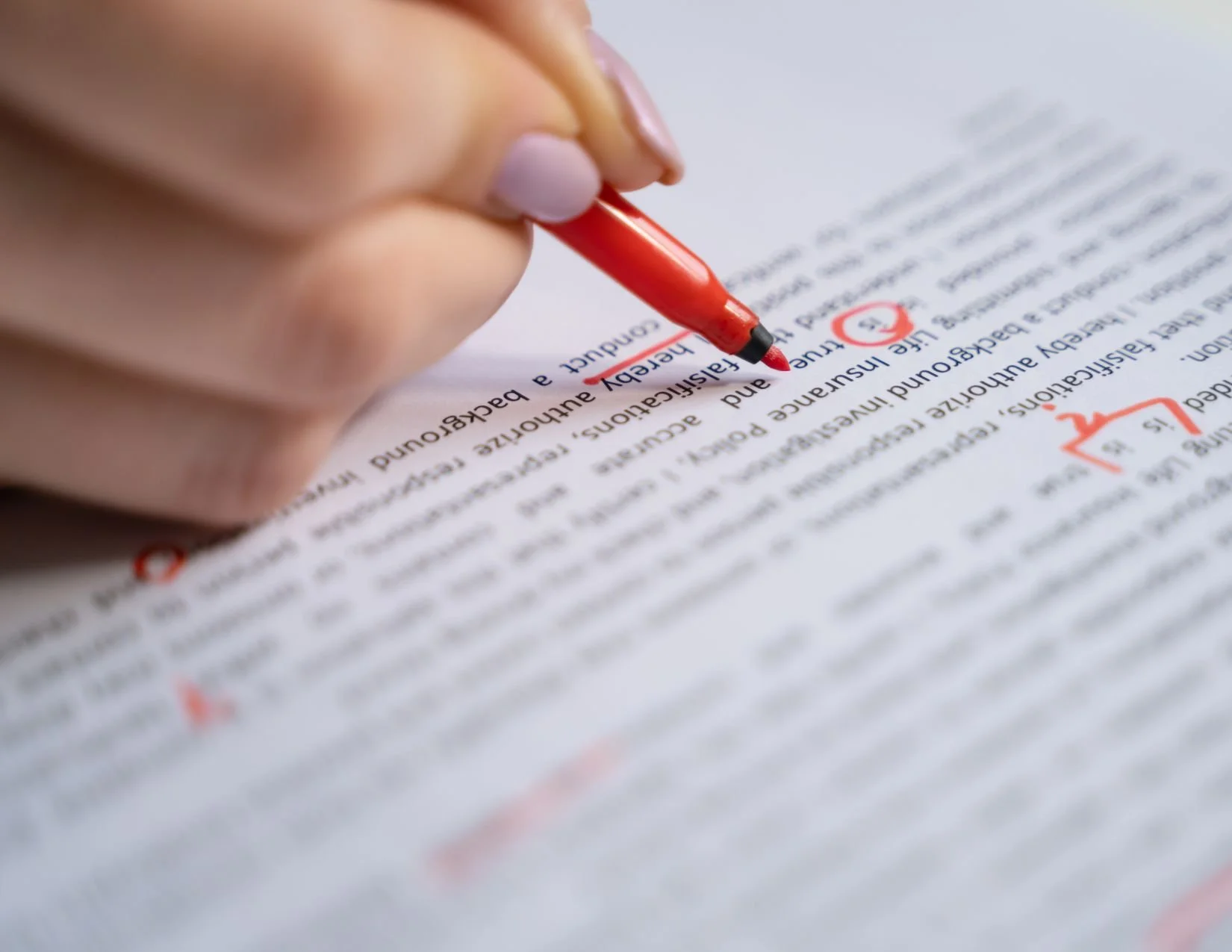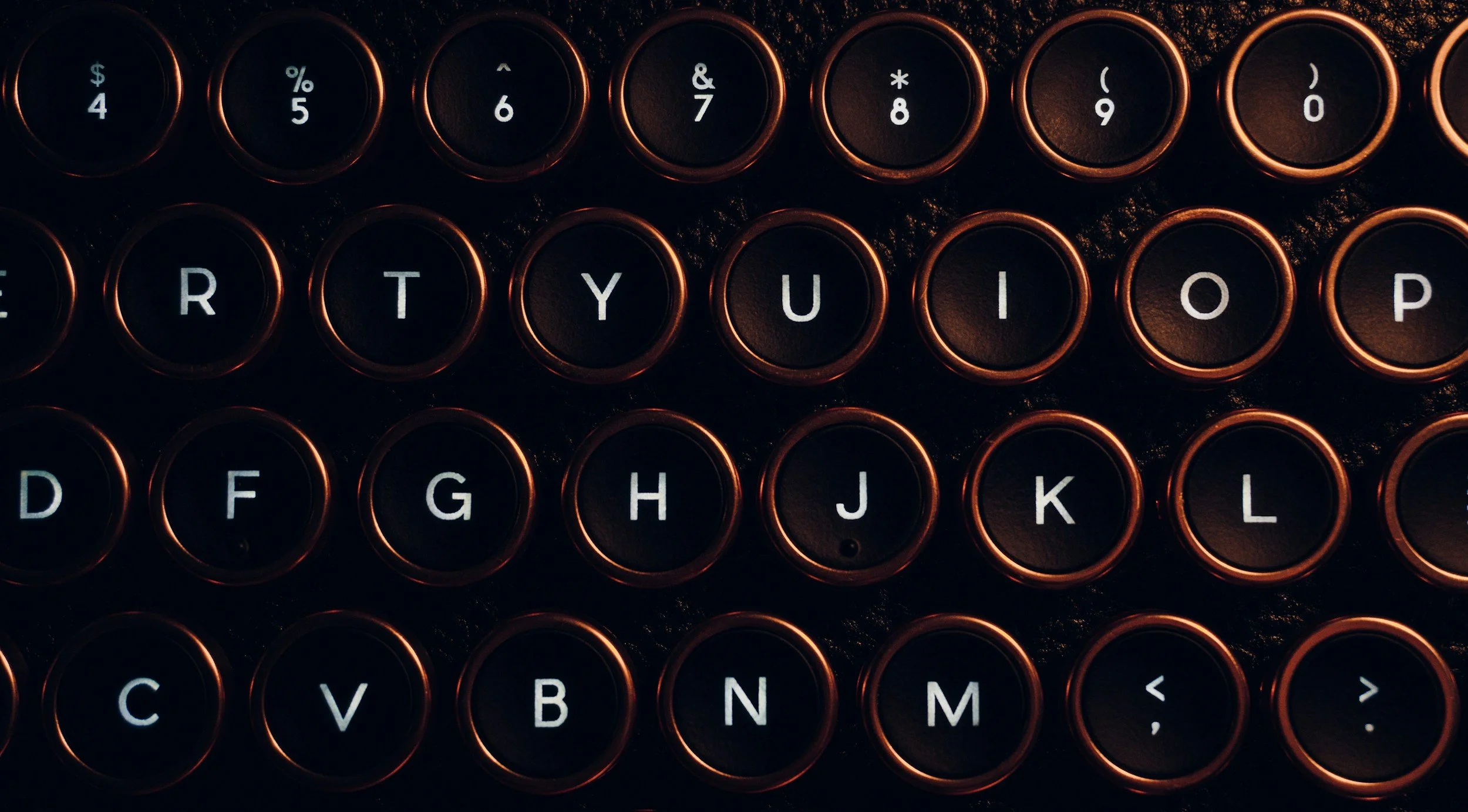What Every Author Needs to Know Before Hiring an Editor
So, you’ve finally finished writing your book—congratulations! You reach out to an editor and say, “I need an edit,” imagining that you’ve covered all your bases. But here’s the thing: “editing” isn’t a one-size-fits-all term. It’s more like an umbrella covering several different services, each one tailored to specific needs in your manuscript.
Without knowing what each level of editing involves, it’s easy to fall into the trap of asking for something vague and then getting results that don’t match your expectations. Here’s a breakdown of the editing levels to help you zero in on exactly what your book needs.
1. Developmental Editing: Building the Foundation of Your Story
Developmental editing is where your story structure, themes, and plot arcs come into focus. This level of editing is all about the big picture—from the overarching structure to pacing and character development. There’s little to no attention given to grammar or sentence structure at this stage because the goal here is story development. If you’re a nonfiction author, the goal is to make sure your process is logical or that you’re addressing your topic in the most useful way for your readers. Think of developmental editing as the architect of your book; it’s where the blueprint for your story or message takes shape.
What a developmental editor does:
Evaluates the book’s overall structure and flow
Offers insights on pacing, character arcs, and plot holes
Helps solidify themes and tone, ensuring they align with your goals
Who needs it:
Anyone feeling their story is a little shaky or wondering if their book structure makes sense. If you’re looking to craft a compelling narrative or nonfiction arc, a developmental edit is essential.
2. Content Editing: Making Your Manuscript Cohesive and Reader-Ready
Content editing goes deeper than developmental editing, addressing how each paragraph and chapter fits together. This stage includes paragraph-level markups and notes about incomplete sections or sections that need smoothing. Content editors help ensure your chapters flow naturally and logically, and that your tone and voice are consistent.
What a content editor does:
Provides paragraph-level notes, smoothing transitions and flow
Checks for consistency in tone, voice, and audience suitability
Points out gaps, tangents, or areas that could be clarified or expanded
Who needs it:
If your manuscript feels disjointed or the voice wobbles between chapters, content editing brings the whole thing together in a way that speaks to your intended audience.
3. Line Editing: Sharpening Each Sentence to Have the Right Impact
Line editing is a highly detailed edit, but it’s not about nitpicking grammar (not yet!). This level is all about word choice and sentence clarity. Line editors dive deep into each line, checking if every word has the intended impact. They’ll tighten overly long sentences, refine awkward phrases, and clarify meaning to ensure your reader doesn’t trip over anything.
What a line editor does:
Focuses on clarity and readability of each sentence
Removes clichés, run-on sentences, and redundancies
Refines dialogue to sound more authentic and tightens language for impact
Who needs it:
If you want your writing to sound polished but keep its unique voice, a line editor will help make every sentence count. Line editing is ideal for writers looking to refine their style and tighten up prose without changing the book's overall structure.
4. Copyediting: Fixing the Spelling, Grammar, and Punctuation
Copyediting steps in after you’ve ironed out the story and sentence flow. This is where errors like grammar, spelling, and punctuation come into play. A good copyeditor ensures that your book reads smoothly and is error-free, but they’re not responsible for big-picture structural changes. While some line editors may double as copyeditors, it’s not a given. If you need an all-in-one, make sure you’re clear about that up front.
What a copyeditor does:
Corrects grammar, punctuation, and spelling
Ensures consistency in style, tense, and formatting
Sometimes overlaps with light line editing but stays focused on technical accuracy
Who needs it:
Anyone who’s got the story locked in and the sentences sounding right but wants a final check for pesky errors before going to print.
5. Proofreading: The Final Polishing Pass
Proofreading is the final safety net. After all the previous stages of editing, proofreading catches any remaining errors. It’s the last look before publication to ensure the book is spotless, making it essential if you want your work to shine.
What a proofreader does:
Finds spelling, punctuation, and minor formatting errors
Checks for anything missed during the copyedit
Gives one final polish to make sure the manuscript is clean
Who needs it:
Anyone about to hit “publish.” Proofreading is essential as a final sweep to catch anything the copyeditor might have missed.
Avoiding Misunderstandings: Be Clear About What You Need
One of the biggest issues with the term “editing” is that it means different things to different people. If you ask for “an edit” without specifying the level, you may end up with a copyedit when you really needed a developmental overhaul—or vice versa. Each editor has their specialty, and without clarification, they’ll default to what they do best.
When you know the difference between developmental, content, line, copyediting, and proofreading, you’re in a stronger position to get the results you want. Editing is a key investment in your book, and understanding these levels ensures you’re getting exactly the help you need.
Remember: Before you hire an editor, decide on the specific editing level your book needs. You’ll save time, resources, and, most importantly, ensure your book turns out exactly how you envisioned it.
If you’re ready for an editor to help you fine-tune your work, I offer a full range of editing services, from big-picture feedback to sentence-level polish. Whether you need a comprehensive edit or a detailed critique of your draft, I’ll help you elevate your book and make sure your message is clear, engaging, and credible. Contact me today to learn more!







